There is a lot of great information being shared right now on how to work from home and how to manage a team working from home. Managing a completely remote team is different in many ways from managing a team in an office. We want to share some general behaviors that lead to better alignment and effectiveness while managing a remote team. Later in the week, we will follow up with our best practices and tips for working remotely and maintaining communities, regardless of your role.
Business as Unusual
First, it is important to recognize that what is happening right now is not normal. No one should be operating in a business as usual mindset. Even if your team has been working remotely for years they have not been working during a global pandemic.
The best thing you can do as a manager right now is express caring for the people who work for you. Check in with them more often than you normally would and really listen to their needs. Flex your empathy muscles. Trust that people are doing the best job they can given the circumstances.
Trust is probably the most important thing right now: trust your people and assume positive intent at all times.
Write Stuff Down
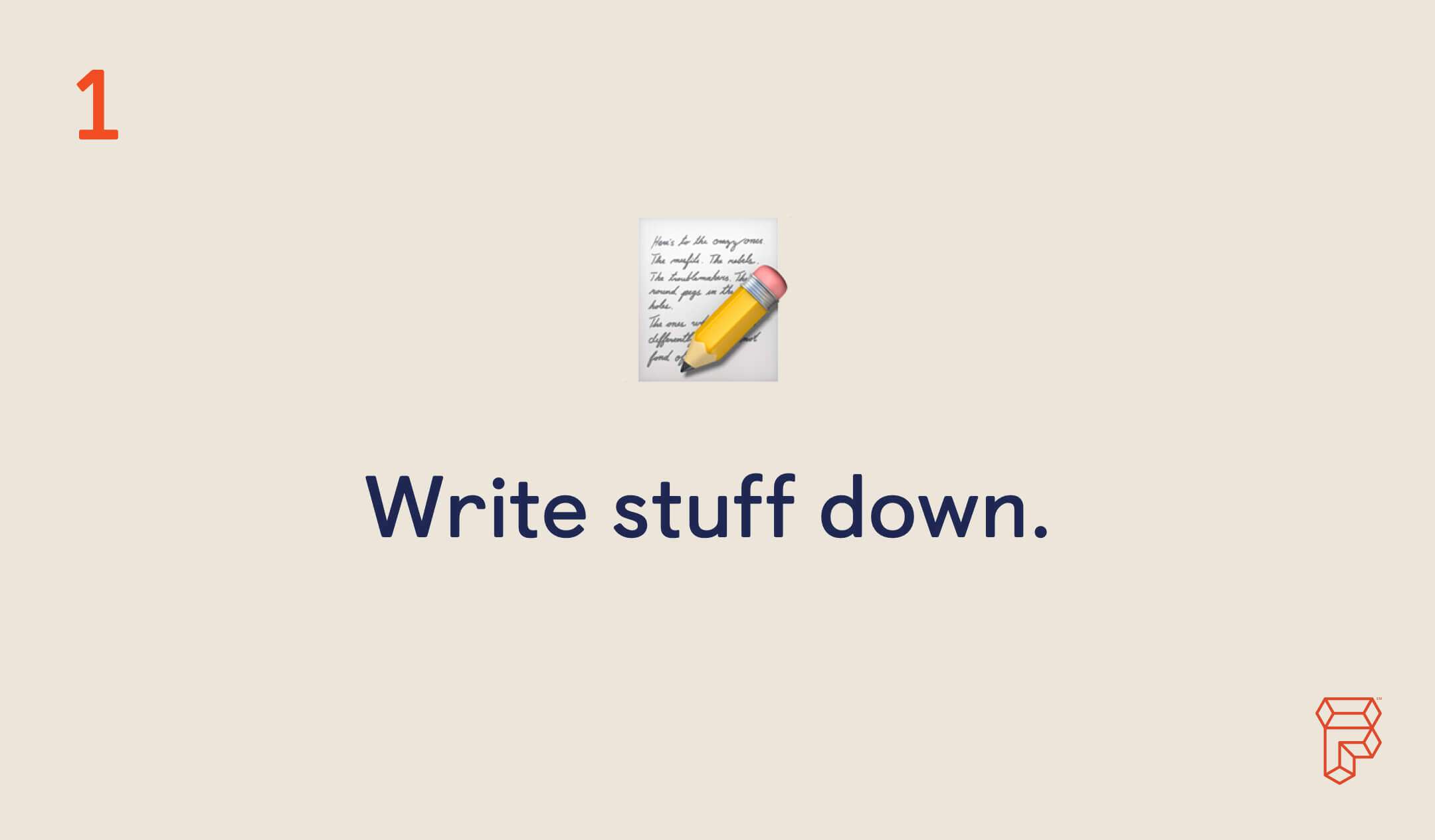
On a remote team you need to be much more intentional about how information flows within the team and out to the greater organization. Without clear guidelines on how information is stored and shared the potential for decisions or key information to fall through the cracks is high.
The first step in managing information flow is to ensure things are written down. Human memory isn't high fidelity enough to be relied on as a source of truth for information and decisions. Remove the need for team members to remember things by having a clear and accessible place for documentation and capturing decisions. At Formidable we use Notion for our internal documentation.
When communicating, be intentional about the medium you are using. Does information need to be stored long term in a documentation tool? Is it okay to send as a Slack message or an Email? If communicating via Zoom or phone conference, how will you ensure information is captured?
Sharing is Caring
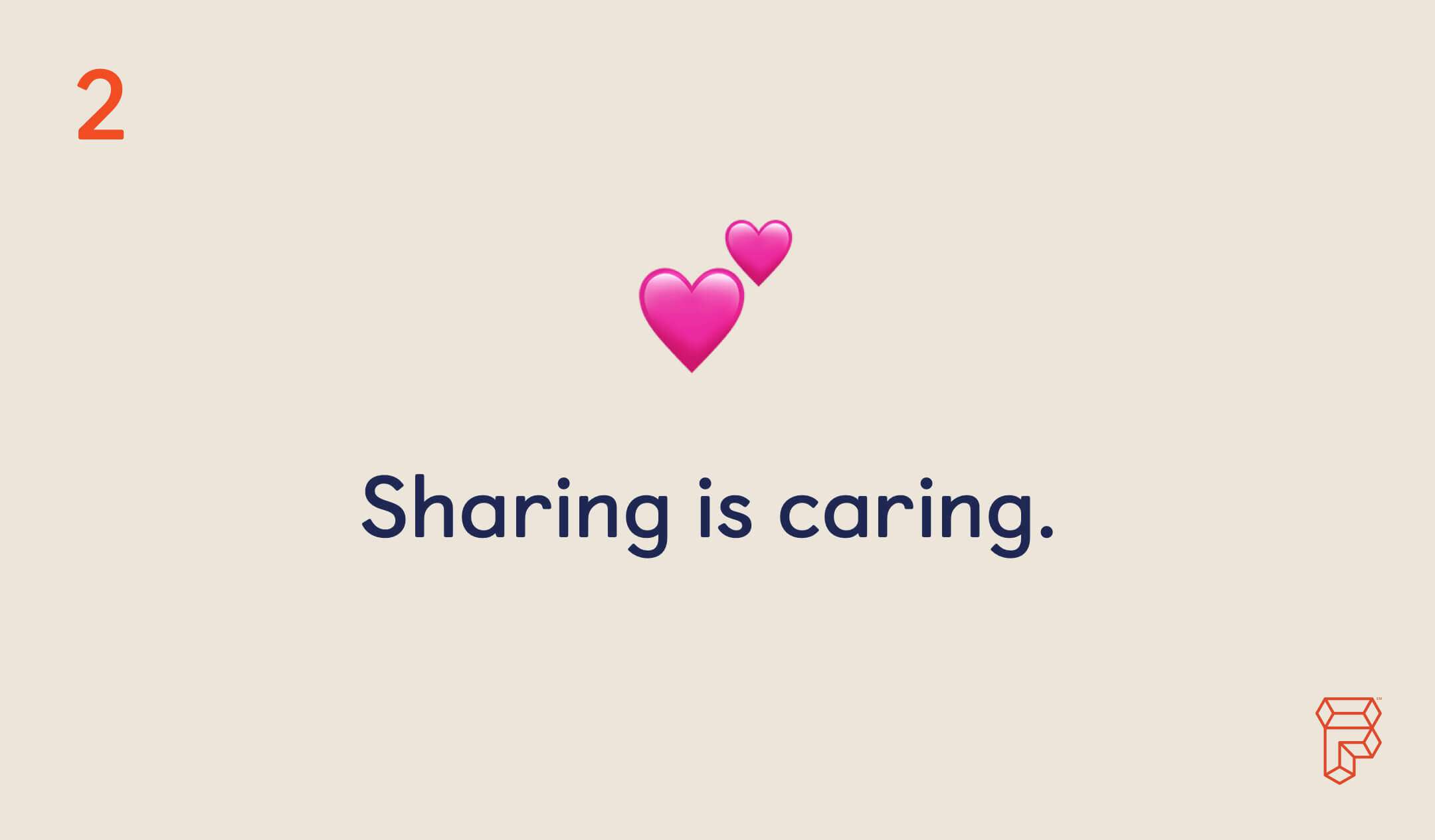
There is a natural "what are you working on?" type of sharing that happens in an office. In a remote team you need to be much more intentional about sharing work in progress. Encourage sharing early and often.
Teammates should share work in progress much earlier than they feel comfortable. This allows them to get feedback early in the process and reduces the amount of rework required. Sharing work for feedback can feel scary, so set the stage by being specific about what feedback is expected and have clear ground rules for collective feedback sessions.
By encouraging sharing on a regular basis you get a great window into what everyone on the team is working on and the progress they've made. Nobody likes a helicopter manager asking what they are doing all the time. If folks are sharing often there should be no need to micro-manage.
Deliver, Discuss, Decide
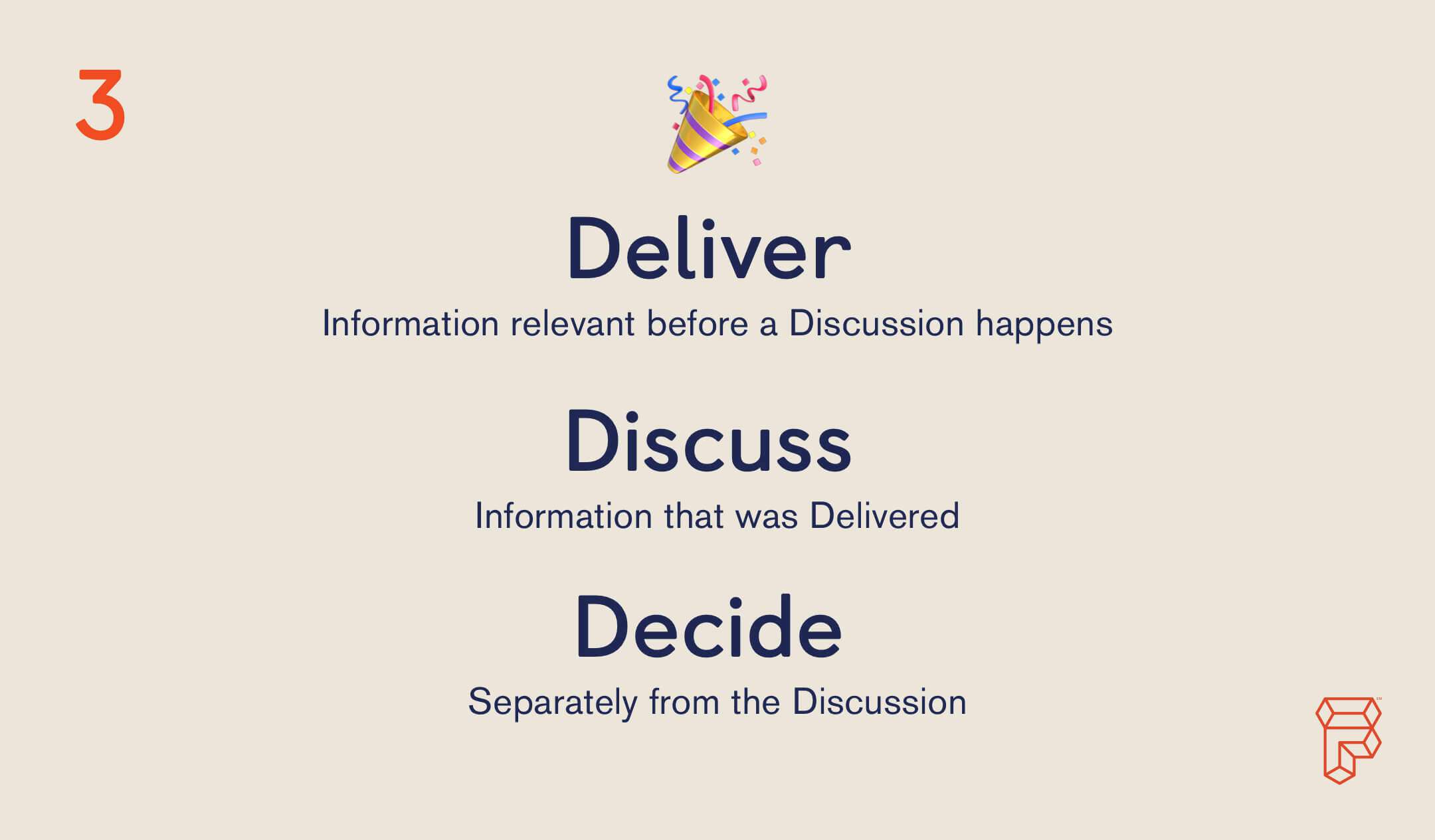
Working remotely you will likely have an increased amount of meetings. Meetings themselves aren't a bad thing, but ineffective meetings can be soul-crushing. By using the 3D method (Deliver, Discuss, Decide) you can ensure meetings are more effective and decisions are properly documented.
Deliver
Share any documentation related to the meeting before the meeting starts. Share early enough that people have time to review the information ahead of time. Don't use valuable meeting time to review documented information. One essential document that should be included in all meeting invites is an agenda. An agenda will set expectations for the meeting and help participants prepare.
Discuss
Use the meeting to discuss the previously delivered information. Don't introduce new information during the meeting. Ideally, there is a meeting facilitator who helps keep the attendees on topic and ensures time is being used effectively.
Decide
Any decisions that need to be made should be decoupled from the discussion and happen outside of the meeting. As the need for a decision comes up during a meeting it should be documented and one person should be empowered as the decider to avoid decision by committee. It is the decider's responsibility to make the decision, document it (write stuff down), and share it back to the relevant people (sharing is caring). By decoupling any decisions from the meeting itself you are ensuring they are properly documented and can be referred back to as needed.
Building Connection
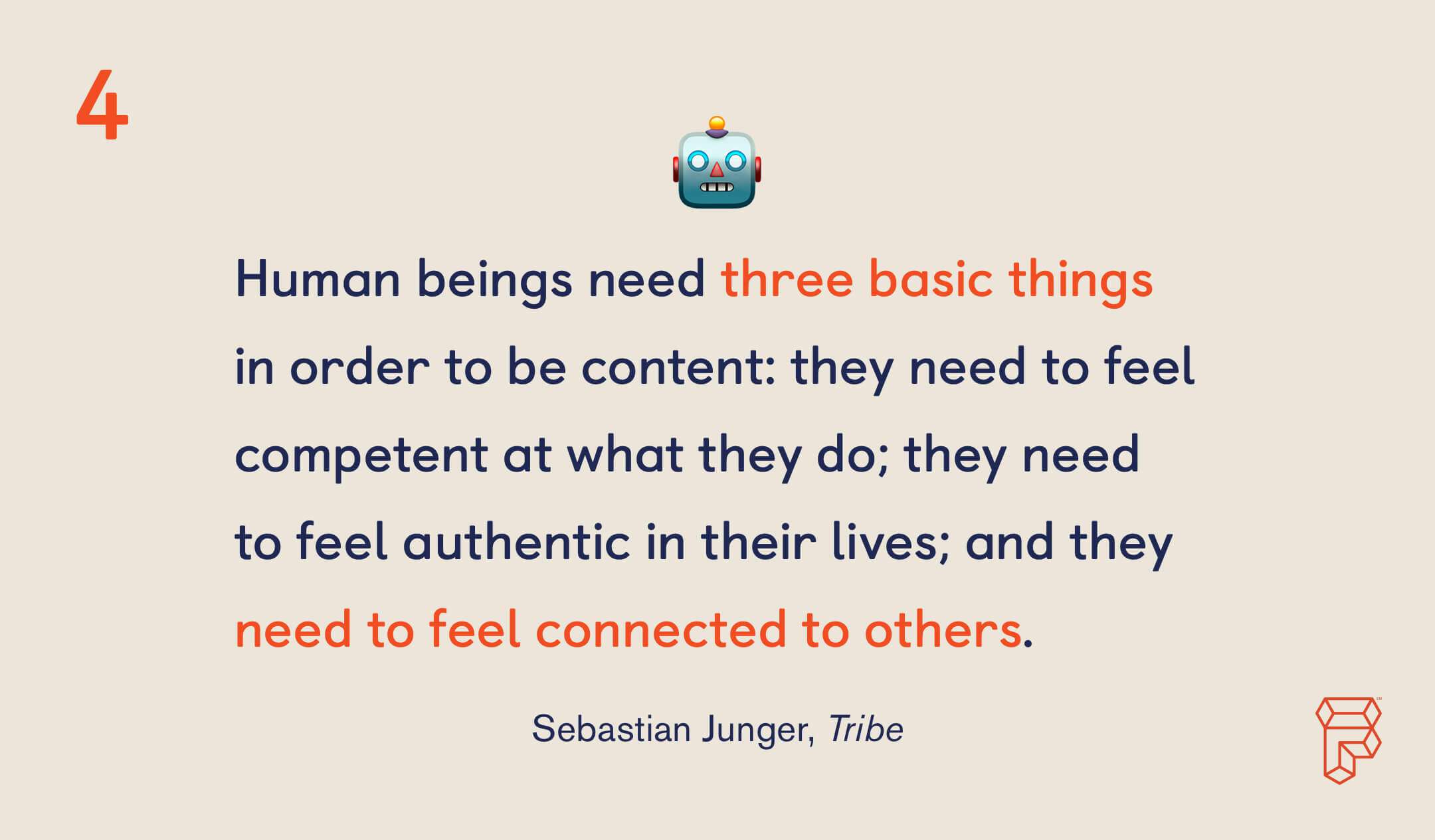
A big challenge for people working remotely is loneliness. As a manager of a remote team you need to pay close attention to people's need for connection and community. You should be intentional about creating moments for co-workers to connect with each other.
On the surface, this looks like intentionally bringing watercooler moments into your day-to-day work:
- Start meetings by asking about people's weekends, or how their family is doing.
- Host meetings where people can hang out with each other and not talk about work. At Formidable we call these Fika in reference to Swedish coffee breaks.
- Play games over video. Many games can be adapted for video calls and there are collaborative online games like gartic.io.
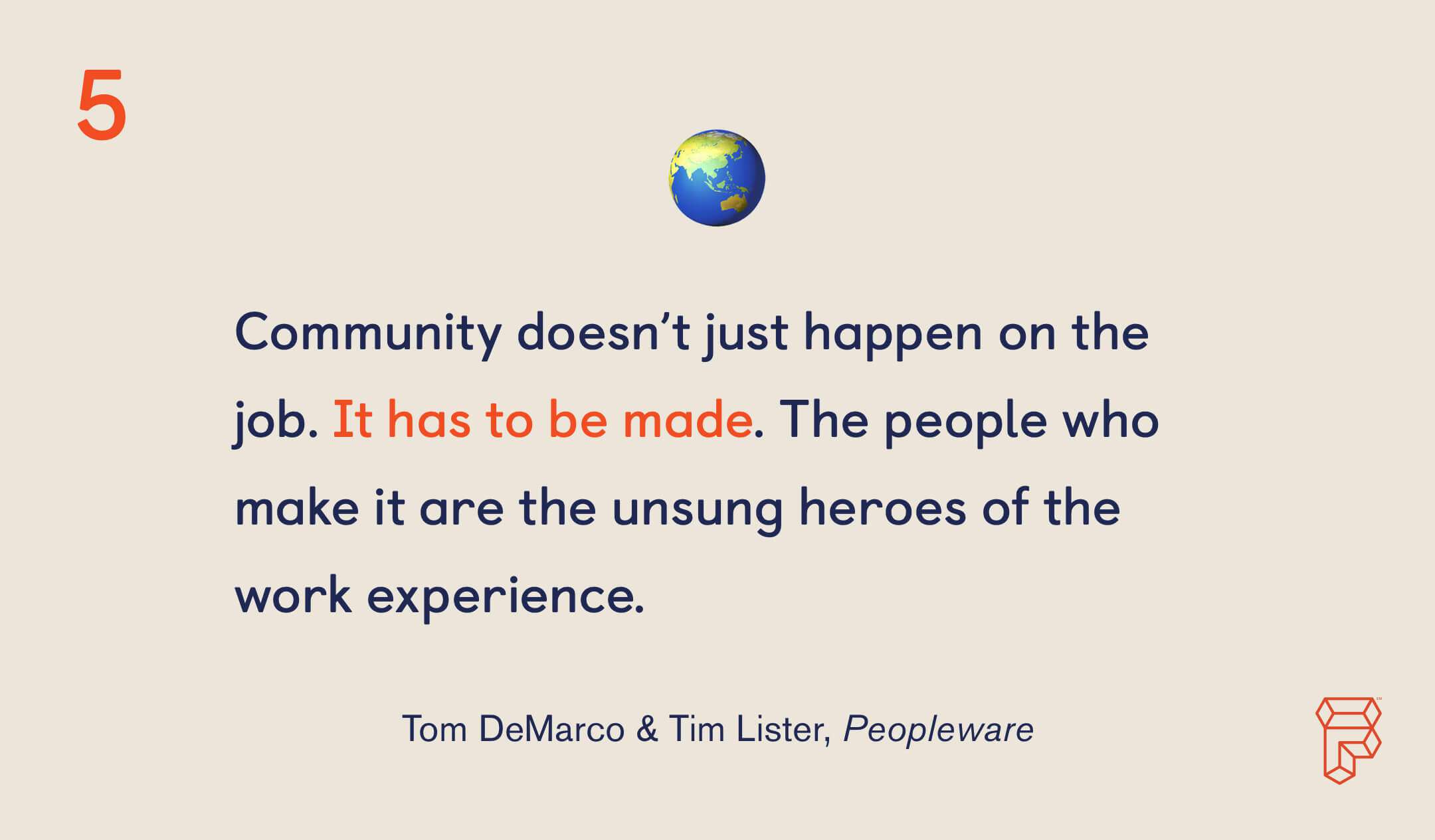
It is also important to foster a sense of community on your team. Communities are groups rallied around a specific cause, need, or goal. Members of a community support each other, celebrating success and rallying when someone stumbles. Communities share their knowledge and eliminate knowledge hoarding. Communities are aligned on their north star and work to stay aligned. Communities work hard, but they enjoy the work they do.
As a manager you need to do the work of aligning all team members towards a common goal. You can model the behavior you'd like to see in others by helping people when they are stuck. You can ensure knowledge and information is being shared. You can be intentional about your own actions to be a community builder.
Whether you're a manager of a co-located team or a remote team, your core responsibility remains the same: You create and foster an environment where people can do their best work.


